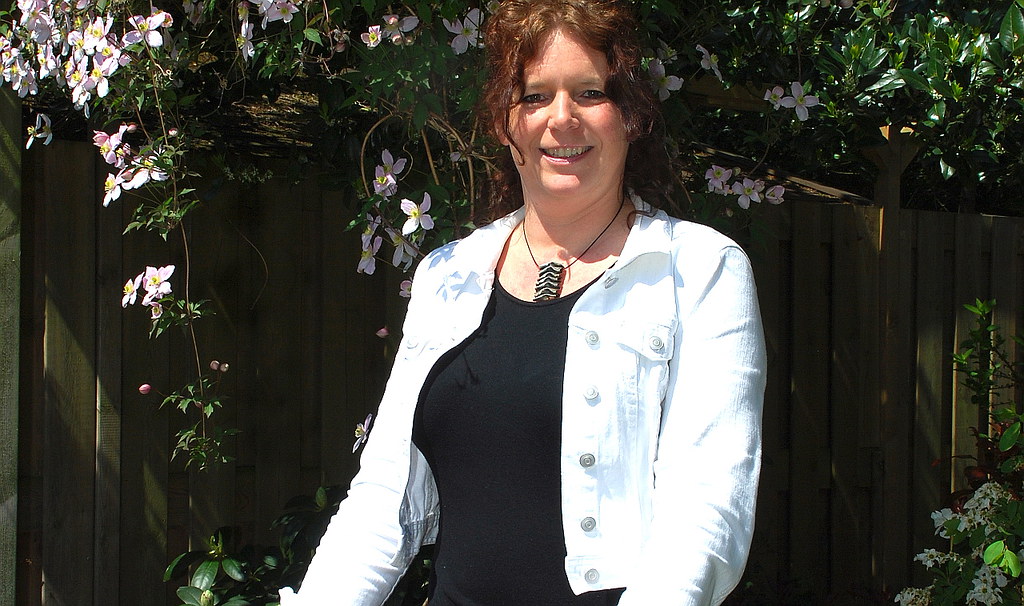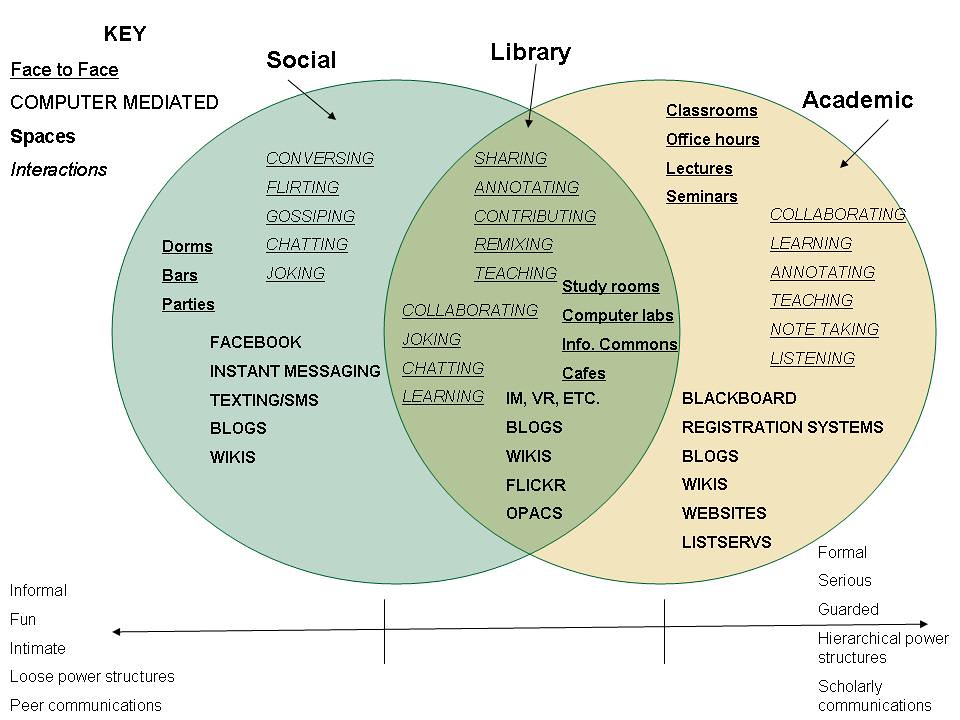In today’s fast-paced world, it’s easy to get overwhelmed and feel like you’re drowning in a sea of stress and anxiety. Sometimes, all you need is someone to talk to, someone who can guide you through the tough times and help you find your way back to a place of mental clarity and peace. But with the current pandemic situation, traditional face-to-face counseling may not be possible or practical for everyone. Fortunately, there’s a new revolution in the world of mental health that has made it easier than ever before to access professional counseling from the comfort of your own home. In this blog post, we’ll explore how remote counselling is empowering people all over the world to take control of their mental health and live happier, healthier lives.

What is Remote Counselling and How Does It Work?
Remote counselling is a form of therapy that allows clients to connect with their counsellors over the internet. This can be done via video conferencing, text messaging or phone calls. It offers individuals access to mental health care from anywhere in the world and at any time that suits them. Remote counselling sessions are typically held on secure platforms that protect client privacy and confidentiality.
To begin remote counselling, clients need to have access to a reliable internet connection, an electronic device such as a smartphone or computer, and a private space where they can engage in therapy without interruption. For those who may feel intimidated by face-to-face counselling sessions due to stigma or physical limitations, remote therapy provides an alternative option for accessing professional support.
With advances in technology and increased awareness of mental health issues globally, remote counselling has become increasingly mainstream within the mental health industry over recent years.
The Benefits of Remote Counselling for Mental Health
Remote counselling has proven to be an effective solution for mental health care, especially during the pandemic era. Teletherapy offers the benefits of in-person therapy while allowing greater flexibility and accessibility. One significant advantage is that remote sessions provide a sense of comfort and privacy as patients can communicate from their homes or any secure location without being physically present at the therapist’s office. In addition, with remote counselling, people who live in rural or remote areas far away from healthcare centers can access professional support easily.
Teletherapy saves time, money and eliminates transportation difficulties faced by many individuals seeking treatment. According to studies conducted by APA (American Psychological Association), digital counseling is as successful as face-to-face psychotherapy sessions when it comes to treating issues like anxiety, addiction and depression. Psychologists say that online therapy allows continuity of care even when patients relocate or travel for short periods compared to traditional face-to-face modes of therapy which may make follow-up appointments impossible due to distance barriers.
The ease, reliability and effectiveness offered by remote counselling work together towards empowering individuals worldwide suffering from a variety of mental health conditions with comprehensive solutions provided effortlessly on their devices.
Overcoming Stigma: Embracing online therapy as a legitimate tool for mental health support
Embracing online therapy is an essential step toward overcoming the stigma of seeking mental health support. Many people are afraid to attend face-to-face counseling sessions due to stigmatization, embarrassment, or other reasons. However, remote counselling offers a level of privacy and anonymity that traditional therapy may not provide, making it easier for those in need to access mental health care with confidence.
Moreover, remote counselling can be beneficial for individuals who struggle with limited mobility or living in geographically isolated areas where accessing physical healthcare services may not be possible. Online therapy provides everyone with equal opportunities to receive professional therapeutic treatment regardless of location.
As a society, we must recognize remote counselling as a legitimate tool for mental health support and embrace its accessibility and flexibility that has revolutionized client care outcomes positively.

Finding the Right Remote Counsellor for You: Tips to Get Started
Finding the Right Remote Counselor for You: Tips to Get Started
Remote counselling, like traditional in-person therapy, is a personal and individual experience. It’s important to find a remote counselor who you feel comfortable with and can establish trust with. Research your options carefully before making a selection. Start by considering the type of therapy that appeals most to you, whether it be Cognitive Behavioral Therapy (CBT) or another approach.
Check out online directories which provide profiles of counselors along with their qualifications, specialties and fees charged. Read reviews posted by both past and present clients as well as any credentials possessed . Look for therapists who hold proper licenses or are accredited by professional boards in your area.
Remember however , cost alone should not dictate your choice when seeking help for mental health issues.Arrange consultations where possible so that you can ask questions and determine rapport.Always trust your instincts ; if something does not feel right , move on til you find the right fit- after all this decision could change ypur life!

Navigating Confidentiality and Privacy Concerns in Online Therapy Sessions
Confidentiality and privacy are paramount concerns in online therapy sessions. It is important to ensure that the remote counselling platform you choose is secure and encrypted to protect your personal information. Additionally, it is essential to establish clear boundaries with your remote counselor regarding the use of technology and communication channels. This includes discussing how and when you will communicate, as well as what to do in case of technical difficulties or emergencies. It is also important to note that remote counseling may not be suitable for individuals who are at risk of harm to themselves or others, as emergency services may not be immediately available. However, many online therapy platforms offer crisis intervention services and referrals to local resources if needed. Overall, with proper precautions and communication, remote counseling can provide a safe and effective means of accessing mental health support from the comfort of your own home.
Building Trust with Your Remote Counselor: Establishing Rapport from Afar
When it comes to remote counseling, establishing trust and rapport can be a bit more challenging than in-person sessions. However, the same principles apply – honesty, active listening and non-judgmental communication are key. Making eye contact when on video calls is important as well to create a sense of connection.
It’s normal for clients to feel hesitant sharing personal details with someone they’ve never met before. To make things easier, take some time during your first session to get to know your therapist better by asking them questions about their professional background and approach.
In addition, practice being present mentally rather than multi-tasking during sessions just as you would if you were sitting across from each other physically in the same room; this helps maintain focus throughout the session thus improving outcomes while ensuring mutual respect.
Remember that building a relationship takes time whether face-to-face or via technology. With patience and consistent engagement with each other ,clients tend open up more naturally over multiple sessions effortlessly leading discussions towards resolving concerns overtime .

Balancing Virtual Boundaries- Managing the Transition between Home Life and Therapy Sessions.
Setting Clear Boundaries for Remote Therapy Sessions
It’s important to establish clear boundaries when it comes to remote therapy sessions in order to create a space that feels safe and conducive to emotional growth. Make sure you have privacy, both visually and acoustically. Consider using headphones or earbuds if others are nearby. Set up your environment so it’s comfortable yet distinct from other areas you use frequently in your home. Be sure to communicate with those around you about the importance of not interrupting during the session without emergency reason(s). Additionally ensure that all electronics – phones, alarms etc– are turned off before beginning any remote counselling session .
Maintaining Privacy and Confidentiality in a Shared Space
Maintaining privacy and confidentiality in a shared space is crucial for effective remote counselling. Virtual boundaries can be challenging to establish when working from home, particularly if you share living quarters with others. It’s important to find a quiet and private space where you won’t be interrupted or overheard during your sessions. Consider using noise-cancelling headphones, closing doors, or installing soundproofing materials if necessary. Explicitly communicate your need for privacy to those around you and come up with strategies to ensure that they respect your therapy time. Keep in mind that breaches of confidentiality can have serious consequences, so take the necessary steps to safeguard yourself and your mental health journey while embracing remote counselling options.
Creating the Ideal Environment for Successful Virtual Counselling
To ensure a successful remote counselling session, it is important to create a conducive environment that promotes focus and privacy. Eliminating distractions such as noise or visual clutter can help you stay present during the session. Establishing boundaries with family members or roommates can also help you feel more comfortable and secure during the session. It is also recommended to use headphones and a microphone to improve audio quality and reduce background noise. Finally, make sure that your internet connection is stable and reliable to avoid any disruptions during the session. By creating an ideal environment, you can maximize the benefits of remote counselling for your mental health.
Navigating Distractions and Interruptions during Remote Therapy
During remote therapy, it’s essential to find a quiet and private space where you can speak with your counselor without distractions or interruptions. Let family members or roommates know that you’ll be in a therapy session and request privacy during that time. Also, avoid using electronic devices such as computers, tablets or smartphones for other purposes while in session as it may lead to losing focus on the conversation with your therapist. It’s important also to have a backup plan in case of technical difficulties like poor internet connection, power outage amongst others which may disrupt your remote counselling sessions. By setting virtual boundaries, managing distractions and being prepared for the unexpected incidents one can create an effective and safe environment conducive for successful online therapy sessions.

Breaking Down Barriers – Accessing Supportive Services Remotely Beyond Language, Physical Distance or Mobility Impairment.
Overcoming Geographic Barriers: The Advantages of Remote Counselling
Remote counselling removes the geographic barriers that have historically limited access to mental health services. Through video, audio or text-based platforms, patients can receive support from therapists across the country or even internationally. This is crucial for those living in remote areas without nearby mental health facilities, as well as individuals with mobility impairments or transportation limitations. Additionally, accessing supportive services remotely offers greater privacy and anonymity for those who may feel uncomfortable seeking therapy in their local community. With advances in technology, people can now receive quality mental health care from the comfort of their own homes regardless of distance or location.
Bridging the Language Gap: How Remote Counselling is Making Therapy More Accessible
As technology advances, remote counselling is breaking down barriers and making mental health support accessible beyond language limitations. With the option to choose a therapist from anywhere in the world, individuals can now find someone who speaks their preferred language or dialect. Additionally, online platforms offer translation services for real-time sessions. This inclusive approach extends to those with physical disabilities as well, removing transportation barriers that may have otherwise prevented them from seeking therapy. Remote counselling also provides options for those living in rural or isolated areas where traditional face-to-face therapy may not be available.
Empowering Individuals with Mobility Impairments: The Benefits of Remote Counselling
Individuals with mobility impairments face unique challenges when it comes to accessing mental health services. Fortunately, remote counselling can help alleviate some of these barriers by allowing individuals to connect with counsellors from the comfort of their own homes. Online therapy sessions remove the need for transportation and eliminate physical accessibility concerns that may arise in traditional settings. Additionally, remote counselling provides a safe space for those who may experience anxiety or discomfort in unfamiliar environments due to their mobility impairment. With remote counselling, individuals with mobility impairments can access supportive services and work through mental health challenges without facing additional physical obstacles.
Breaking Down Stigma: How Remote Counselling is Changing the Conversation Around Mental Health
Remote counselling is helping to break down barriers and transform the conversation around mental health. With online platforms, individuals can access supportive services beyond their geographic location or language constraints. Remote counselling offers a solution for those who may have physical limitations or mobility impairments that make traditional therapy inaccessible. Furthermore, remote counselling allows people to seek help without fear of stigmatization from others in their community. The accessibility and convenience of remote counselling are rapidly changing public awareness around mental health issues such as depression, anxiety, and PTSD (bolded relevant key phrases), offering hope for millions struggling with these conditions worldwide.

Leveraging Technological Advancements : Exploring Video, Audio & Text-Based Online Platforms For Personal Growth And Crisis Intervention
Video, Audio & Text-Based Online Platforms are revolutionizing the way people access mental health support. These platforms offer a range of options for remote counselling, including video conferencing, phone calls, and instant messaging. Video sessions allow for face-to-face interaction with a remote counselor, which can help build rapport and trust. Audio sessions provide privacy and flexibility for those who may not have access to a private space for video sessions. Text-based platforms offer anonymity and convenience for those who prefer to communicate in writing. It’s important to choose a platform that suits your needs and preferences. Some platforms may offer additional features such as secure messaging or virtual whiteboards for interactive sessions. With technological advancements, remote counselling is becoming more accessible and convenient for individuals seeking support for their mental health.
Issues To Keep In Mind With regard to Insurance Coverage, legality Of Practice Across Jurisdictions amongst others while opting for remote counselling
Insurance Coverage and Legality of Practice Across Jurisdictions are important considerations when opting for remote counselling. It is important to check with your insurance provider if they cover online therapy sessions. Some insurance companies may have restrictions or limitations on coverage for remote counselling. Additionally, it is crucial to ensure that the remote counsellor you choose is licensed to practice in your state or country. Different jurisdictions may have different regulations and requirements for mental health professionals, so it is important to verify their credentials before starting therapy. It is also important to be aware of any potential legal issues that may arise when seeking remote counselling services, such as confidentiality and privacy concerns. By doing your research and asking the right questions, you can ensure that you are receiving safe and effective online therapy services.
As the world continues to navigate unprecedented times, remote counselling has become an increasingly valuable option for mental health support. The benefits are plentiful, from accessibility and convenience to privacy and flexibility. However, it’s essential to take time when searching for the right counsellor who can provide the necessary support that fits your needs best. Don’t let physical distance or mobility impairment stop you from accessing critical services. With technological advancements in video, audio & text-based platforms, removing barriers had never been more accessible before. It’s also vital to explore related issues around insurance coverage and legality of practice across jurisdictions while opting for online therapy.
In conclusion, as we continue in this era of remote work-life balance and transition between home life/therapy sessions so too is there a growing need for digital solutions within our day-to-day lives – embracing virtual counselling services wholeheartedly empower us all towards better mental health outcomes!
